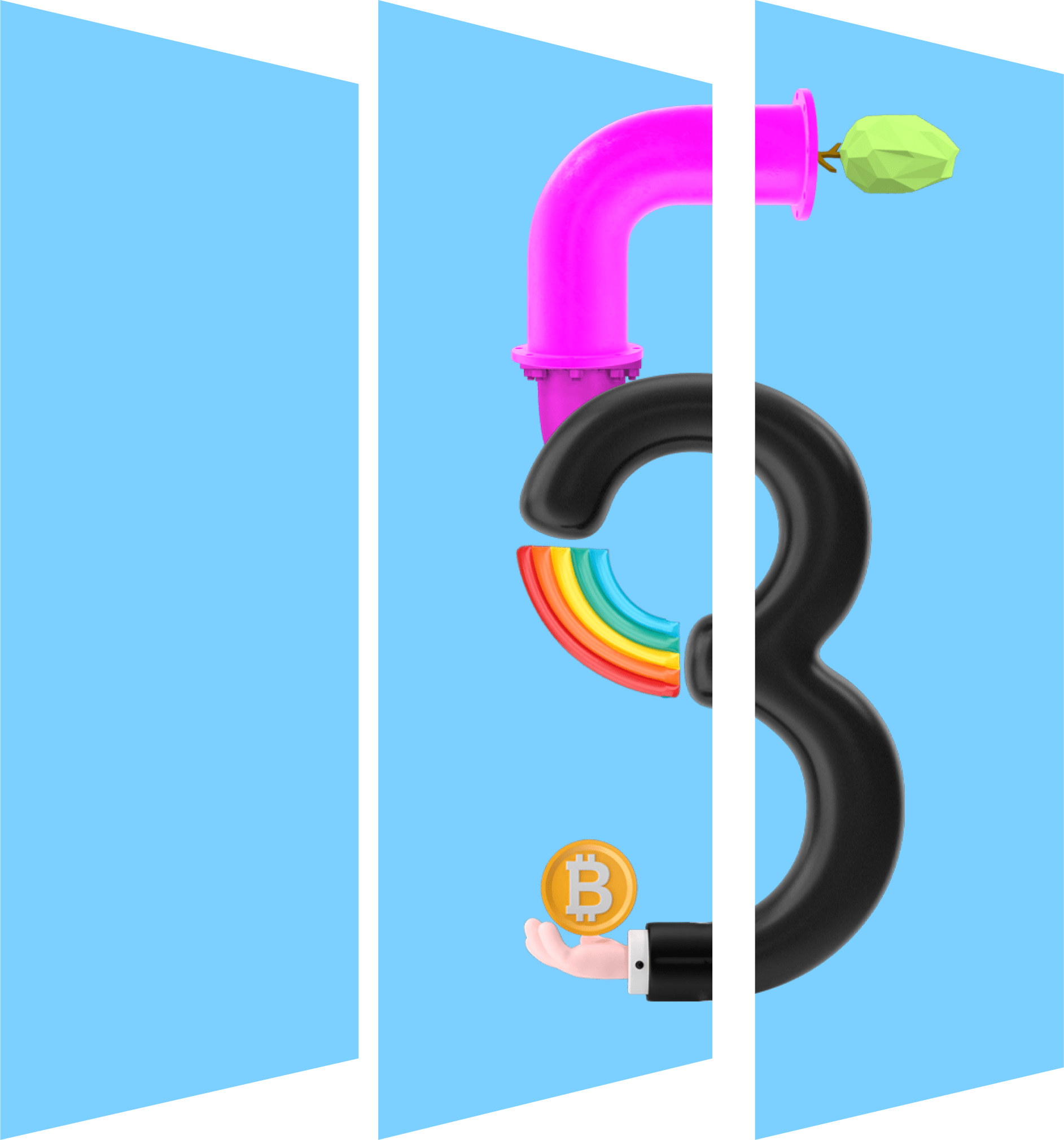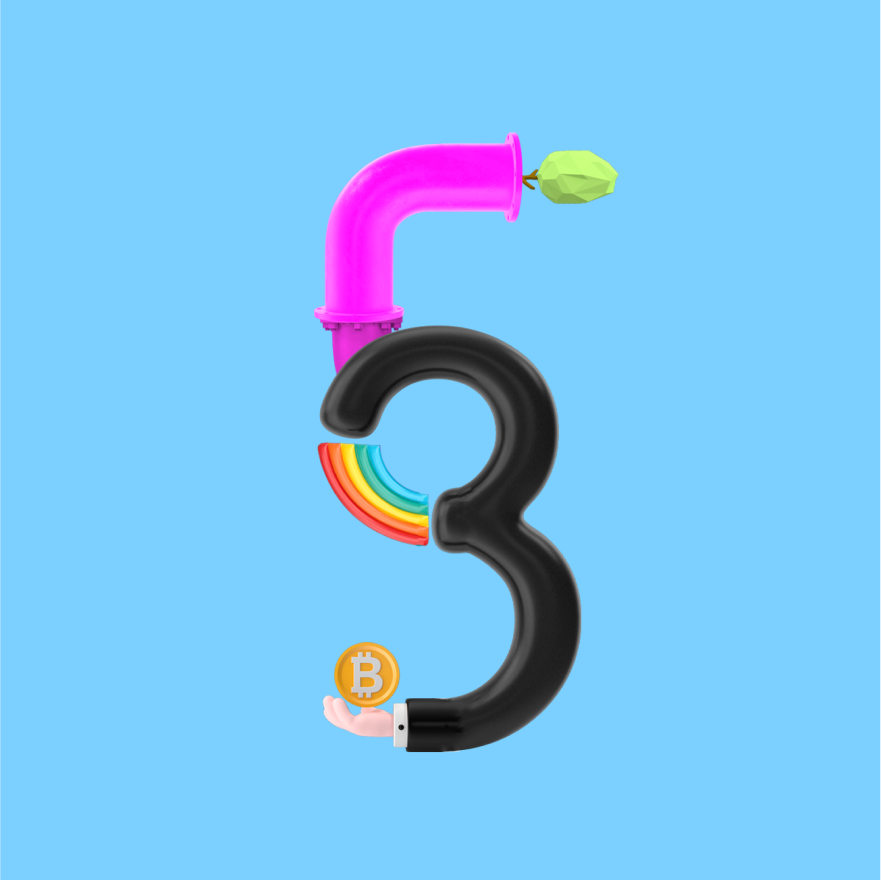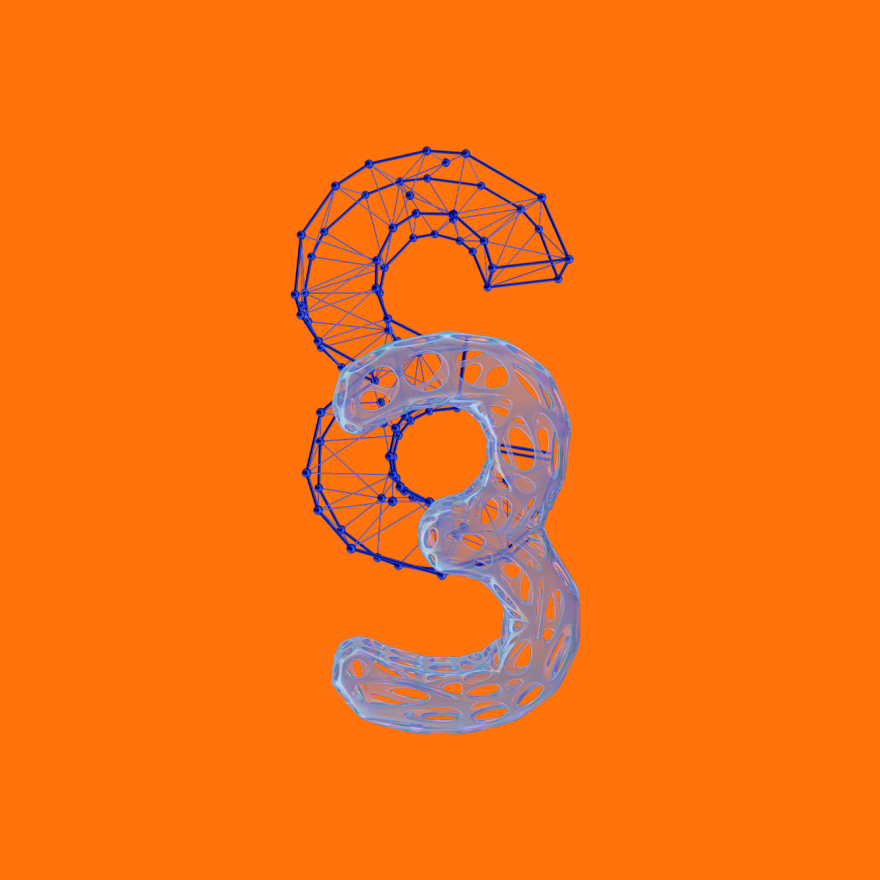
When I buy an NFT, do I become the new owner of the IP?
Select jurisdiction
Germany
The short answer is No. At least not unless there is a contract or terms and conditions
that say otherwise. It is important to understand that the ownership of the asset itself and
the underlying intellectual property rights, e.g. the copyright, are legally not tied together.
Put simply, you can own something without owning the IP. And you can own the IP
without possessing the asset itself. They form different rights layers.
Most questions regarding NFTs arise around copyright. So let’s look into that with some
examples. Imagine you’d buy a house designed by famous architect and artist
Friedensreich Hundertwasser. Now what happens from a legal perspective? You own
the house itself, but you wouldn’t have the right to change the colors of the facade,
because Hundertwasser would still be the owner of the copyright of his work, the house.
The same is true for any other copyright-protected work, i.e. books, movies, music,
drawings, paintings. If you buy a ‘Harry Potter’ book in a bookstore, you do not
automatically have the right to make a movie based on it, because that is part of the
intellectual property of the original author (or the publisher, but in any case, it is not you).
If you buy a Walt Disney movie, you are not entitled to produce t-shirts with the famous
characters, simply because you only bought the right to watch the movie in a private
setting, nothing else and especially not the copyright.
The same is true for any digital asset including NFTs. Just because it is easy to copy
and edit digital assets, does not mean it is legal. So in order for you to become the
owner of the IP, the original creator, artist, author, needs to explicitly assign the rights to
you, ideally in writing. And on a side note, there are jurisdictions, e.g. Germany, where
authors can’t legally assign their copyrights fully and “give up” their ownership. Under
German law, you can only grant exclusive licenses, but the author will always be the
owner. So you’ll technically never become the owner, you can only hold a license.
So unless there is a term sheet or a contract attached to the transaction of the NFT that
grants you any usage rights, you do not become the owner of any intellectual property
rights.
Italy
No, unless provided otherwise. Article 109 of the Italian Copyright Law expressly states that “The
transfer of one or more copies of the work does not imply, unless otherwise agreed, the transfer
of the rights of use, regulated by this law”.
It is important to understand that not even the smart contract with which the NFT is transferred
can be 100% reliable on the transfer of the use rights. Actually the NFT may have been minted and
sold by someone who did not have the copyrights under the artwork embedded in the NFT. The
purchaser is then in charge of verifying which rights are object of the transfer by verifying (at least)
also the chain of previous transactions.
India
The purchase of an NFT does not automatically sign over the underlying IP rights. In some cases, the extent of transfer of rights is provided by the creator. Under the Copyright Act, 1957, the licence of copyright can be granted by the Owner (Creator of the NFT) in writing or by his duly authorised agent, thus, the addition of licence to the smart contract would determine the extent of use rights granted by the Owner.
Greece
For the transfer of copyright to be valid a written contract with the creator of the
artwork is required. Hence, unless there is not such a contract with the creator when
you buy an NFT, in no way do you become the new owner of the IP. However, in
some cases creators permit the transfer of the IP right by stating it in the terms and
conditions of the purchase of the NFT or (rarely) by including it in the smart contract
associated with the NFT. In these cases, it would be better to acquire a “traditional”
written contract with the creator in order to avoid issues relating to the validity of
contract form (because the invalidity of the contract prevails over the creator).
France
Not necessarily.
Under French law, copyrights may only be assigned/licensed through a written
contract which specifies: (i) each right assigned, (ii) the scope and purpose of the
assignment (in terms of fields of exploitation, geographical territory) and (iii) the
duration of the assignment. Further, the contract must specify the remuneration due
to the creator. Hence, in the absence of such an agreement, the copyrights (droits
d’auteur) protecting the underlying work cannot be transferred to the purchaser of the
NFT.
Turkey
No. The person who buys the NFT does not automatically become the owner of the
intellectual property rights. In Turkish law, the owner of the work is defined as the person
who created the work, and the intellectual property rights arising from the work belong
exclusively to the owner of the work. The transfer of the intellectual property rights of the
author is subject to a contract with a special form requirement, and unless such a contract is
concluded, the person who purchases the NFT will not be the owner of the intellectual
property rights.
Brazil
No, the purchaser of the NFT does not become the owner of the Intellectual Property if there is no provision to that effect. The buyer of NFTs does not acquire the copyright of the work, he only becomes the owner of the token, a certificate of authenticity that is linked to the work but is not the owner of the copyright contained in the NFT. They are established by different legal regimes. For the NFT buyer to become the IP holder, this assignment rule must be created and linked to the token sale operation.
Austria
In principle, a NFT is a mere digital token, which can be connected to IP (e.g. digital image), inter alia
by linking the IP via an URI to the NFT. Thus, in general, the buyer of a NFT will not necessarily
become the "owner" of the connected IP. If the NFT shall convey certain rights to its holder (e.g. the
right to use copyrighted work), further legal steps would be necessary. As for most NFT the
connected IP could be protected under copyright law, thus Austrian legal literature argues that
licensing terms would be necessary to convey exploitation rights to the holder of the NFT (e.g.
commercial or non-commercial use/display of an artwork). These licensing terms can be inter alia
included in the NFT's metadata, in order to keep the license connected with the NFT itself. However,
there is no prevailing view, as to whether the license will actually stay connected to the NFT. For the
creator to be able to grant such a license to the holder of a NFT, they themselves must hold the
necessary rights (e.g. copyrights).
Canada
It depends on the NFT license of such NFT. If there is no mention of a transfer of ownership of
the intellectual property with the purchase of the NFT, you should never assume that you own
such intellectual property.
In some cases, NFT holders are granted certain rights to use the underlying artwork. It should
be clarified that they are not necessarily granted actual ownership of the intellectual property,
but more often a license to use the underlying artworks in some commercial ways, with certain
limitations. In such cases, the creator of the underlying artwork normally retains the ownership
of the intellectual property.
It should be noted that in Canada, a transfer of copyright (or a copyright assignment) must be
made in writing and signed by both parties to be valid and effective. Therefore, it could be
argued that some transfers of intellectual property related to NFTs are currently invalid…
Japan
The expression “acquiring ownership of an NFT” is used in transactions of NFT items commonly. According to Article 85 of the Civil Code of Japan, the term “thing” that becomes the object of ownership is a tangible object, however, the NFT itself is intangible digital data and, therefore, does not become the object of ownership and IP rights. Even if NFT is purchased, it does not necessarily mean that the buyer also purchased the IP rights.











